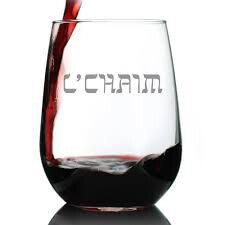Image
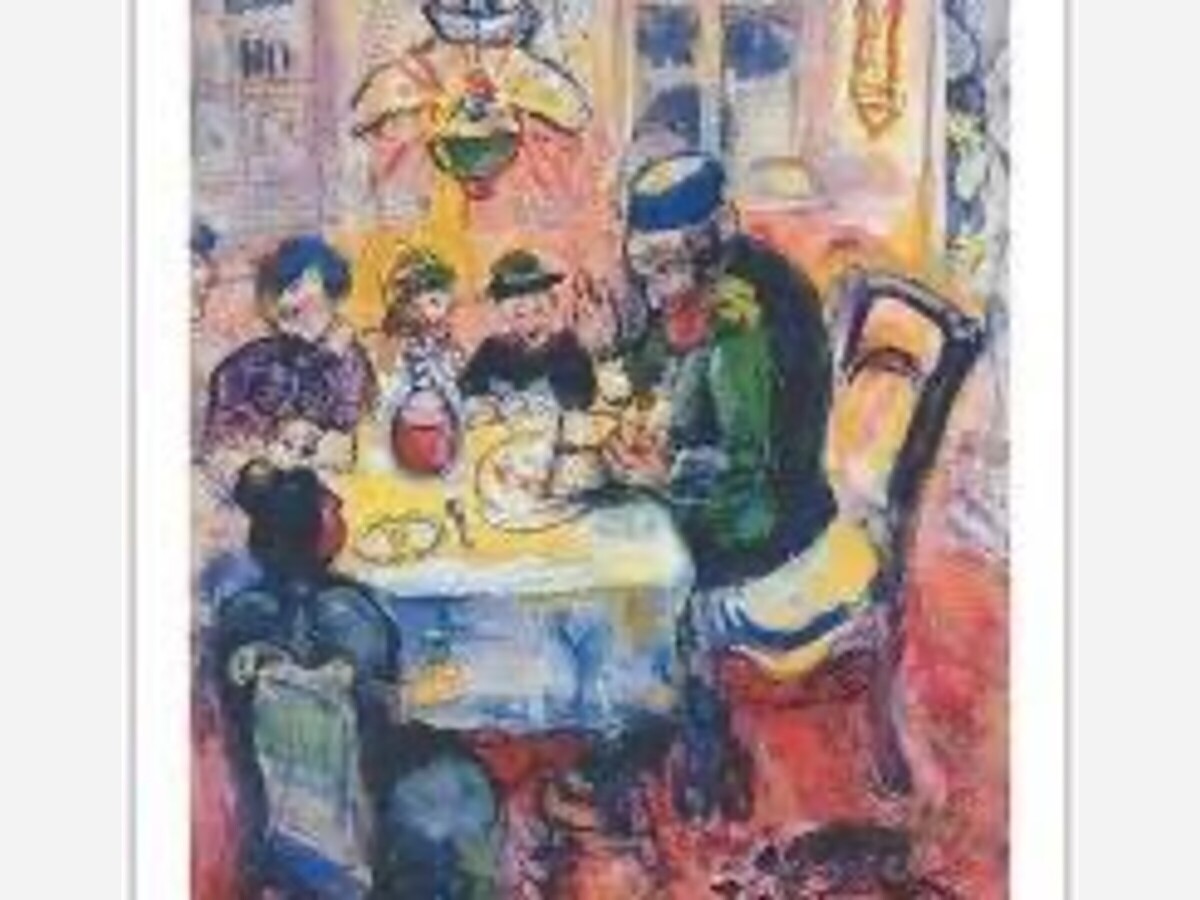

What’s interesting about holidays is knowing how and why they began and the traditions that evolved around them. And of course, there is the food-- often different from what we eat every day-- and how it is prepared and whether it has special significance. And maybe most special are the memories from previous celebrations-- the people and events, and sometimes even the calamities. As Passover begins, my own memories are surfacing. But I am realizing that Passover feels different this year.
Tomorrow night Jewish residents of the Boyertown area community will join others around the world in sitting down at a dinner table with family and friends to usher in the Passover holiday.
The eight -day holiday, from the evening of April 22 – April 30, commemorates the Jews’ liberation from enslavement to the Egyptians, and their perilous journey to freedom. As the Jews once again failed to persuade the Pharaoh to release them from bondage. it is said that 10 plagues were visited on the Egyptians: water turned to blood, countless frogs, lice, flies, sickened livestock, painful skin sores, hail and fire storms, locusts, three days of darkness, and the death of the Egyptians’ first- born sons. These plagues “passed over” the Jews, leading to the holiday’s name. With his first-born son on the brink of death, the Pharaoh relented. The Jews grabbed their meager possessions, including balls of dough because there was no time to bake bread for they feared the Pharaoh could change his mind.
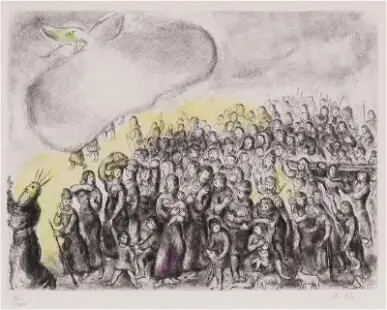 Exodus From Egypt from a painting by Marc Chagall.
Exodus From Egypt from a painting by Marc Chagall.The first two nights of the holiday are marked by a “seder” dinner. “Seder” means “order,” and the evening meal progresses in a certain order that recalls the journey from slavery to freedom.
“Why is this night different from all other nights?” a child at the table will ask, and the meal and traditions will get underway. With the goal of answering the child’s question, those at the table will read the story from a “Haggadah,” a book that retells the story of the Jews’ exodus.
At designated times in the story, particular foods will be eaten and glasses-- probably filled with Manischewitz kosher wine, very sweet and quickly dizzying-- will be raised for a toast, as a symbol of joy. Some of the foods consumed serve a symbolic purpose. For example, “charoset” is a sweet mushy mixture of grated apples, nuts, cinnamon, wine. It will be eaten on small pieces of “matzoh,” to represent the mortar and bricks that the enslaved Jews used to build brick structures for the Egyptians.
Matzoh is an essential part of the Passover holiday. The Torah (the first five books of the Hebrew Bible) commands that this unleavened (made without yeast or anything else that would enable bread dough to rise) flat bread be eaten instead of the usual raised breads to remind us of the extreme need for speed during the Jews’ departure from Egypt.
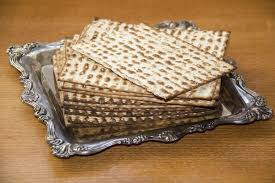
The absence of leavened breads means no pancakes, no toast, no cereals, no sandwiches -- just matzoh. For eight days.
Lots of food creativity was needed to make it through the lengthy holiday. Growing up decades ago, we ate crumbled matzo in a bowl with milk and a little sugar in place of cereal. A traditional recipe called Matzoh Brei-- matzoh that is soaked, softened, mixed with egg, and fried -- provided some version of scrambled eggs/French toast. Chocolate covered jelly rings and marshmallows coated with coconut replaced cakes and cookies. These days modern food science has produced “Crispy-O’s,” a cereal like Cheerios, box cake mixes, varied matzoh “flavors” -- all made from ground “matzoh meal” instead of regular flour. However, Matzoh Brei remains on the Passover menu in many households.
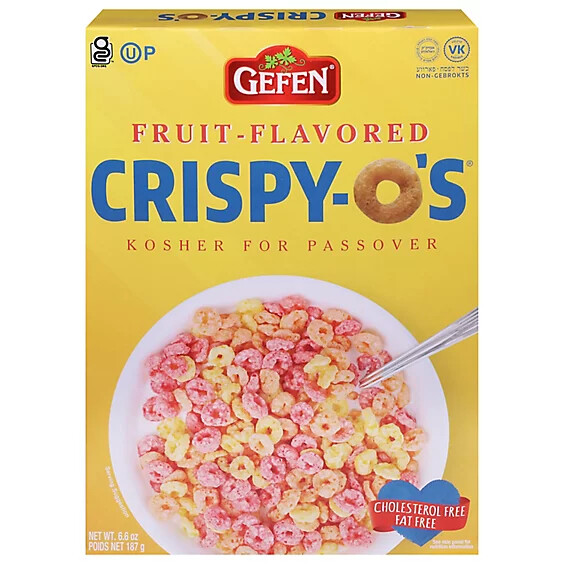
Children begin the evening quietly, but later I can remember my cousin and I creating quite an uproar as we ran back and forth laughing as we hunted for the piece of matzo that had earlier been hidden in the home. We might have been a little excited from the tiny sip of wine we might have been allowed. Whoever found the hidden matzoh would collect a prize: maybe “a whole dollar.”
As a child I also spent a considerable amount of time staring at a glass of wine that had been poured and placed on the dinner table for the prophet Elijah, who is believed to visit every Jewish home on Passover. I can recall with wonder, the door to my grandparents’ third floor apartment in the Bronx, NYC, being left open for him to enter— no worries about crime. At some point I would become certain that the level of wine in the glass had decreased ever so slightly, … and with Elijah visiting so many homes, he was likely to pace his consumption!
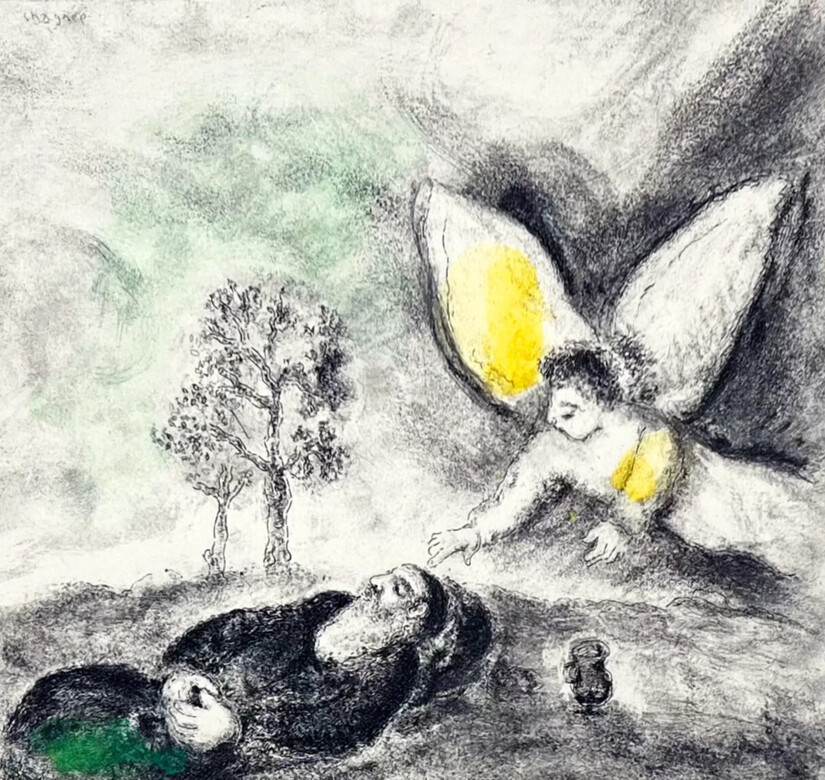 The prophet Elijah being touched by an angel from the painting by Marc Chagall
The prophet Elijah being touched by an angel from the painting by Marc ChagallAs customary bedtime passed unnoticed, the story of Passover moved to its conclusion. Delicious food was eaten, and the children grew tired. My mother and aunt helped my grandmother clean up and package leftovers in the small apartment sized kitchen. Then everyone said goodnight and set off for home after car rides on darkened highways and across bridges. Good feelings of warmth traveled along.
My son and I will have a quiet dinner this year, and since it is just the two of us, we are unlikely to read the story of Passover from the Haggadah. But we will be thinking about why this Passover night feels different. It is because even though the Jews achieved freedom thousands of years ago, this is the year that the world watched as Jews in Israel were the victims of a savage attack by the terrorist group Hamas, an attack that killed 1,200 Jews and perpetrated unspeakable acts of violence on others, including children and especially women.
This year is also different because since the Oct. 7 attack in Israel, in our own country, acts of antisemitism have skyrocketed: the Anti-Defamation League has tracked 3,283 incidents between Oct. 7, 2023 and Jan. 7, 2024. This is a 361% increase in hate directed at a religious group because of their religion.
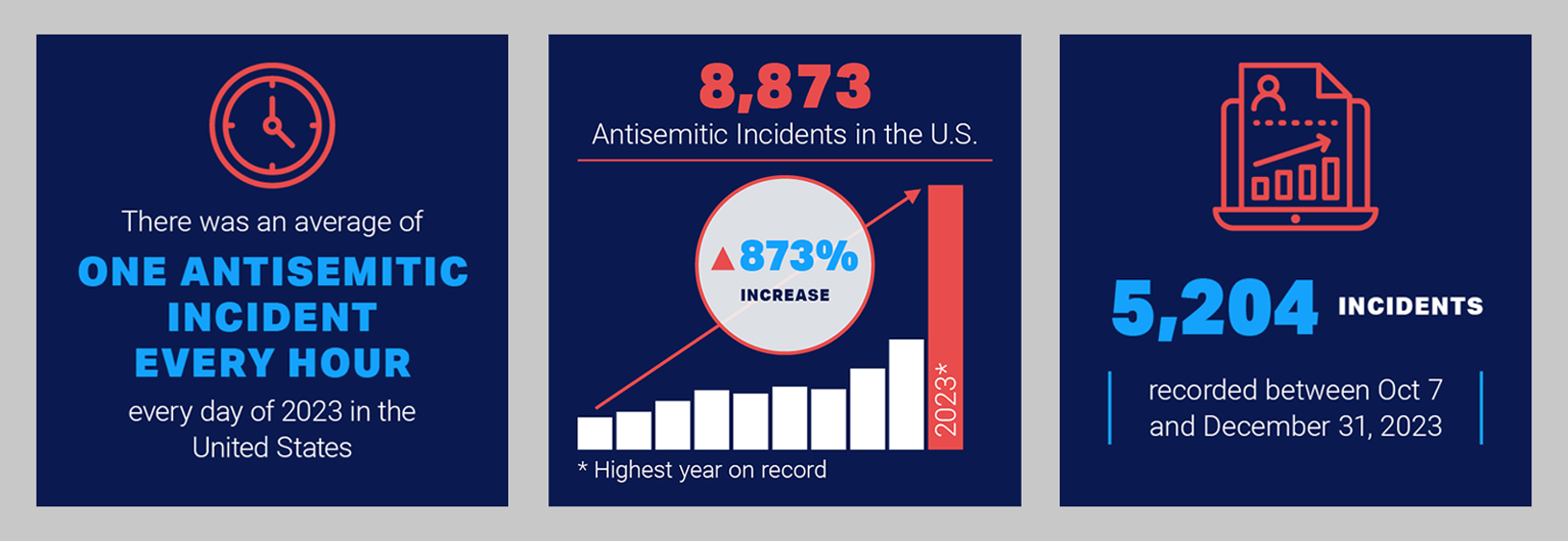
And this year also feels different because in our own country some citizens have decided that the racial, ethnic, religious diversity of our melting pot nation is a bad thing and that their religious beliefs should be the only ones that are “correct,” the only ones that matter, the ones that should be incorporated into the civil government laws of the land in a nation founded on religious freedom, on the separation of church and state.
So, whether you celebrate the Passover holiday or not, I invite you to remember the story of the holiday and join me in celebrating freedom for all people. Hopefully we can join to respect and protect the beliefs of all good people. We can all lift a real or imaginary glass of wine and drink to the freedom and democracy that we must strive to protect for our nation and for people around the world. “L’Chaim!” “To life!”
